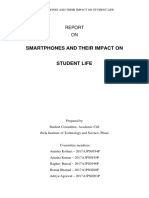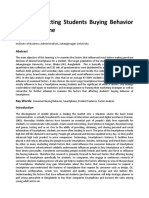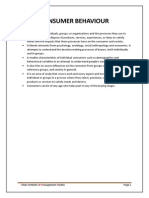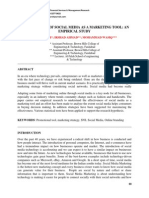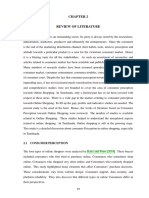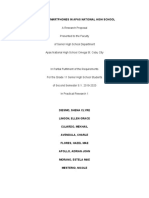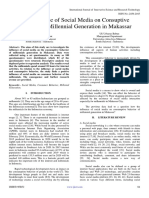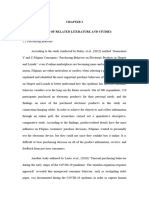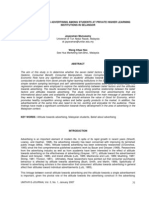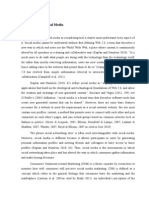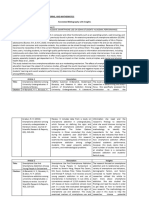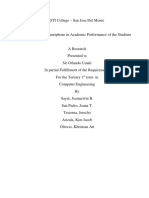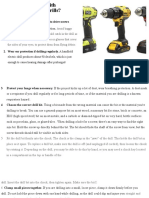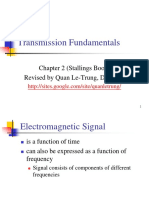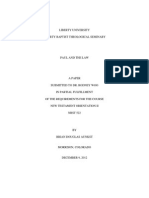0% found this document useful (0 votes)
354 views8 pagesThe Effects of Smartphone Technology Usage To Students Behavior and Studies of Grade 11 STEM Inventor Students
This study examines the effects of smartphone usage on the academic performance and behavior of Grade 11 STEM students. Specifically, it aims to understand students' common smartphone activities, how usage impacts their studies, behavioral effects, and how students use smartphones to support classroom learning. The study is limited to 20 students at a high school in the Philippines and uses a questionnaire to understand these issues. The findings could help administrators, teachers, and students optimize smartphone usage and mitigate potential negative impacts on academics and behavior.
Uploaded by
Paul John AbaCopyright
© © All Rights Reserved
We take content rights seriously. If you suspect this is your content, claim it here.
Available Formats
Download as DOCX, PDF, TXT or read online on Scribd
0% found this document useful (0 votes)
354 views8 pagesThe Effects of Smartphone Technology Usage To Students Behavior and Studies of Grade 11 STEM Inventor Students
This study examines the effects of smartphone usage on the academic performance and behavior of Grade 11 STEM students. Specifically, it aims to understand students' common smartphone activities, how usage impacts their studies, behavioral effects, and how students use smartphones to support classroom learning. The study is limited to 20 students at a high school in the Philippines and uses a questionnaire to understand these issues. The findings could help administrators, teachers, and students optimize smartphone usage and mitigate potential negative impacts on academics and behavior.
Uploaded by
Paul John AbaCopyright
© © All Rights Reserved
We take content rights seriously. If you suspect this is your content, claim it here.
Available Formats
Download as DOCX, PDF, TXT or read online on Scribd
/ 8
